Harry Belafonte dead: Legendary singer was 96
Harry Belafonte, the legendary singer famous for hits like “Banana Boat” and an activist in the Civil Rights Movement in the 1950s, has died. He was 96.
Belafonte died Tuesday at his home in Manhattan’s Upper West Side from congestive heart failure, his publicist Ken Sunshine confirmed to The Post.
Belafonte, a New York City native with Jamaican roots, was a key figure in the folk music scene in the 1950s. Born in Harlem on March 1, 1927, he was raised in Jamaica before returning to the Big Apple only to drop out of high school and enlist in the US Navy. Following his two-year stint, he was honorably discharged and went back to Manhattan.
It wasn’t until later that his love for the arts shone through, and his frequent trips to a Harlem community theater enthralled him. He joined the Dramatic Workshop of the New School of Social Research, following his passion for theater and jazz.
Making history as the first black person to win an Emmy in 1960, the three-time Grammy Award winner and actor also made his mark on Broadway in “John Murry Anderson’s Almanac” and “Three for Tonight.”
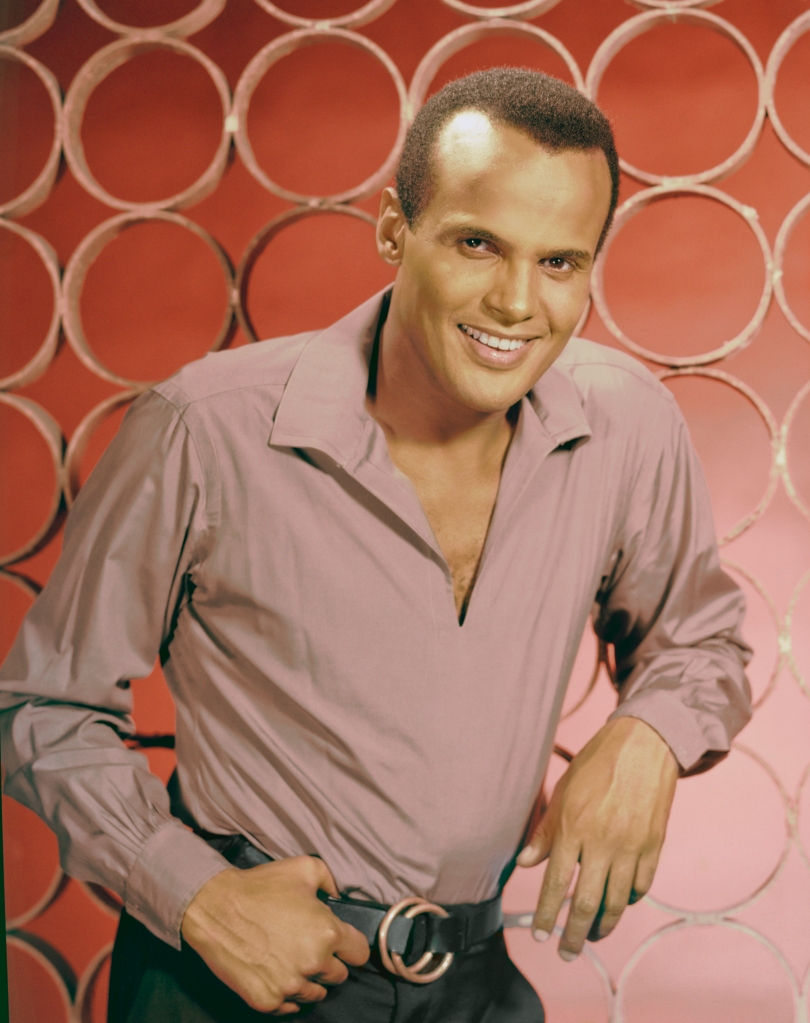
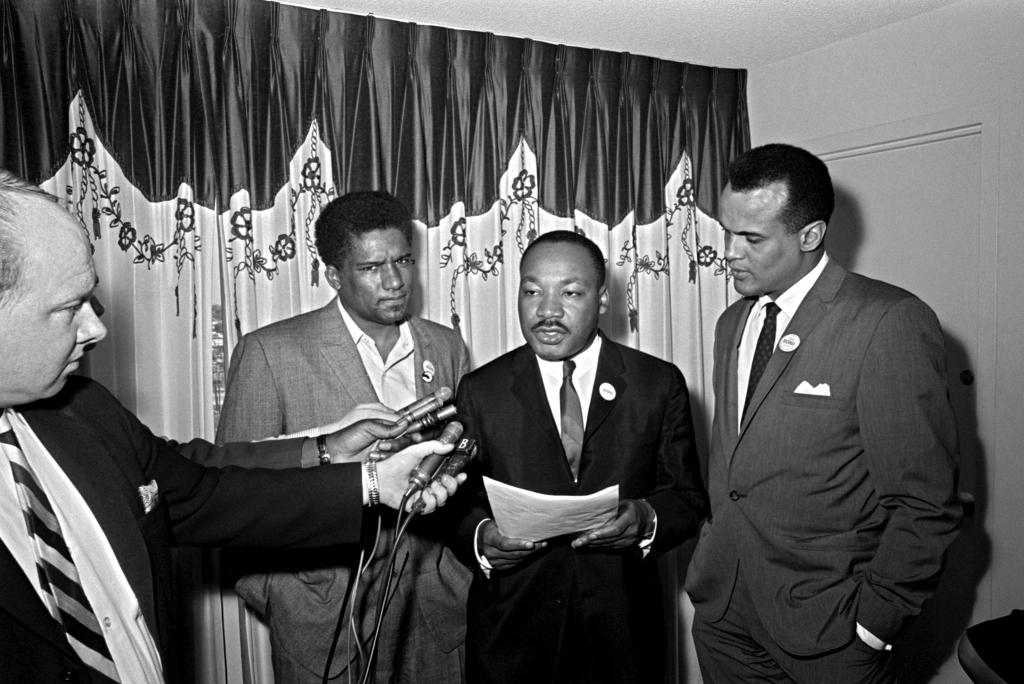
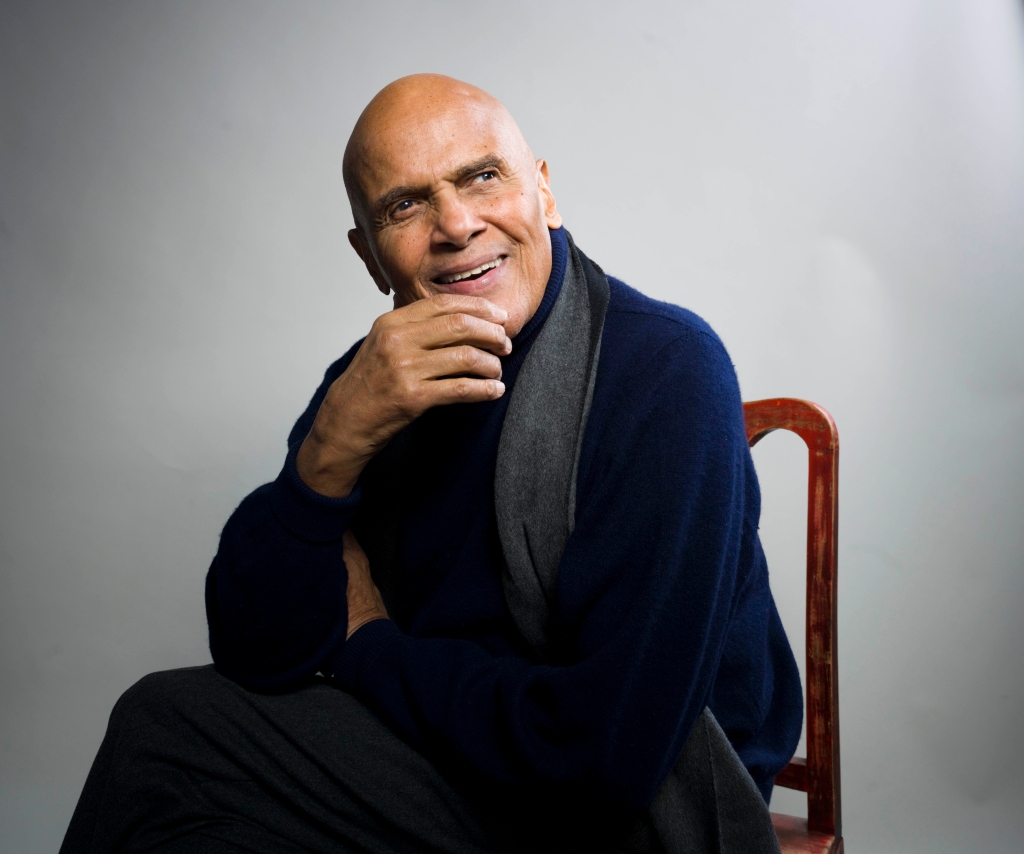
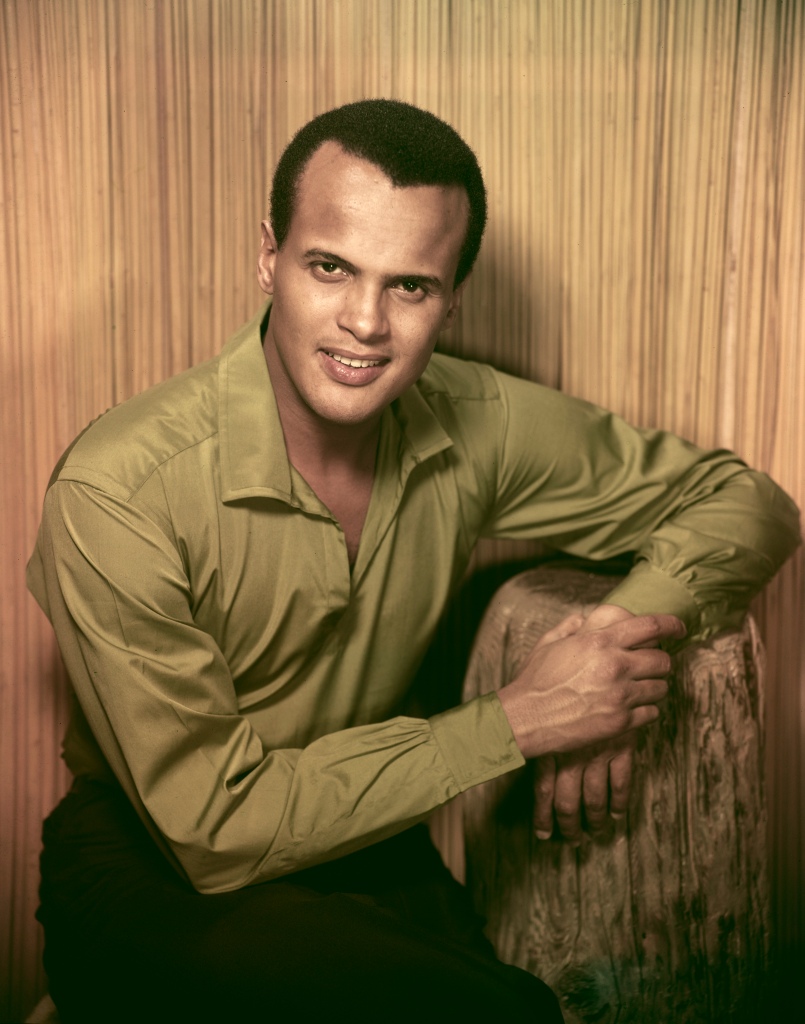
He earned a Tony Award, Grammy Lifetime Achievement Award, Kennedy Center honors and National Medal of Arts throughout his century of life. Meanwhile, he had a heavy hand in shaping the music industry with dozens of albums and compositions. Perhaps his most well-known tunes are “Banana Boat” and “Island in the Sun.”
But he was more than an artist, Belafonte was also an activist and dear confidant of Martin Luther King, Jr., who applauded the artist for his “courage and moral integrity.” He’s received a multitude of honors from activist groups and received a number of awards for his commitment to the good fight. Most impressively, he was the first-ever recipient of the Nelson Mandela Courage Award.
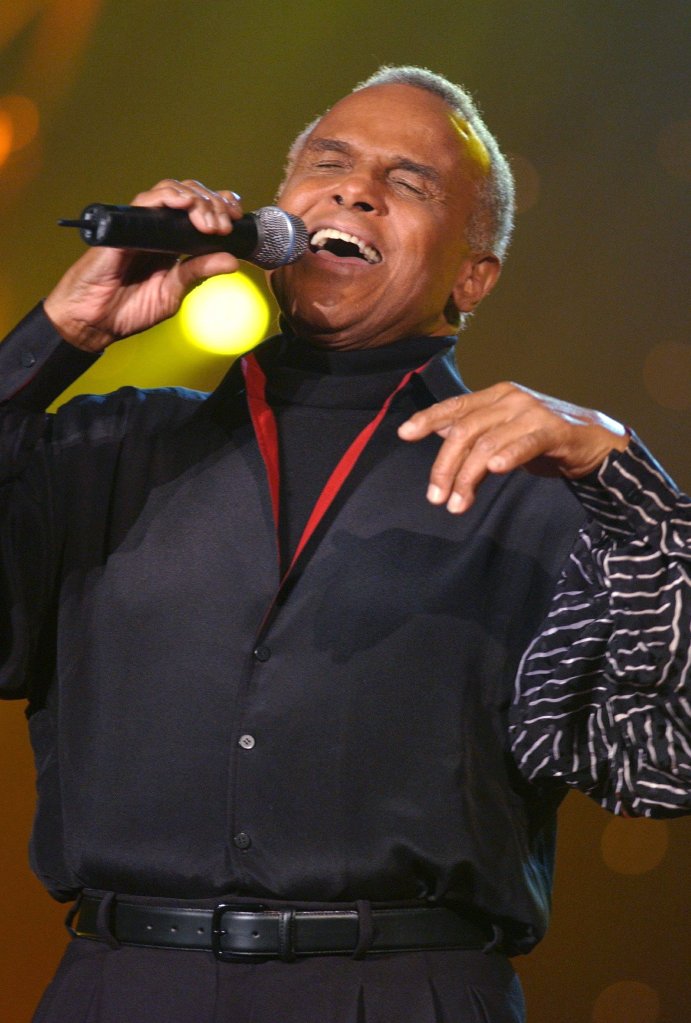
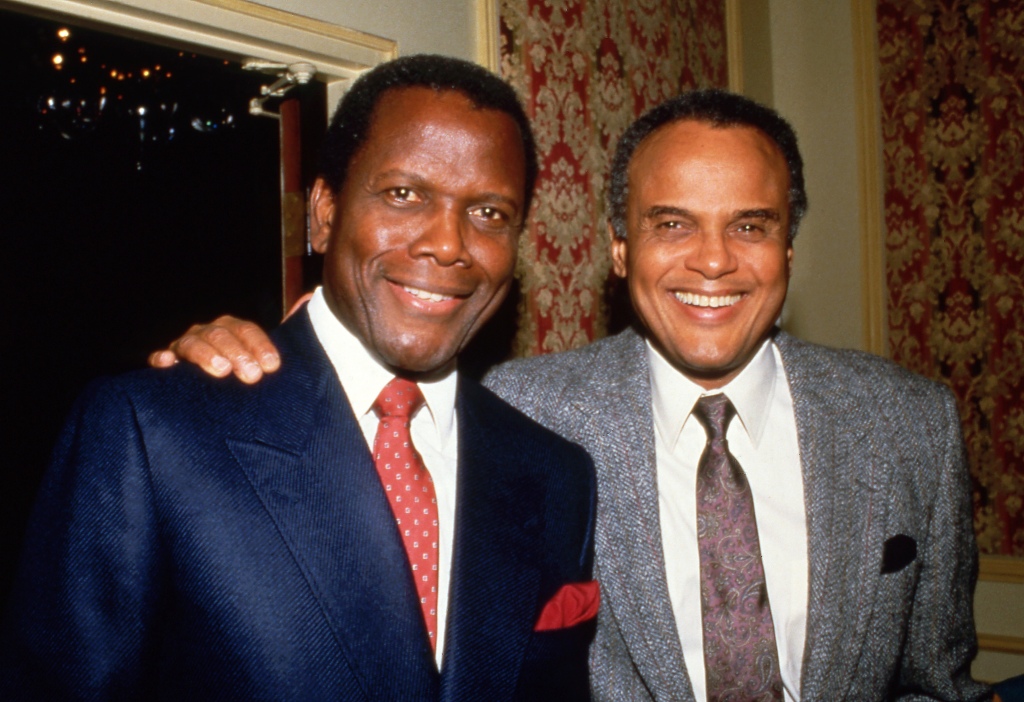
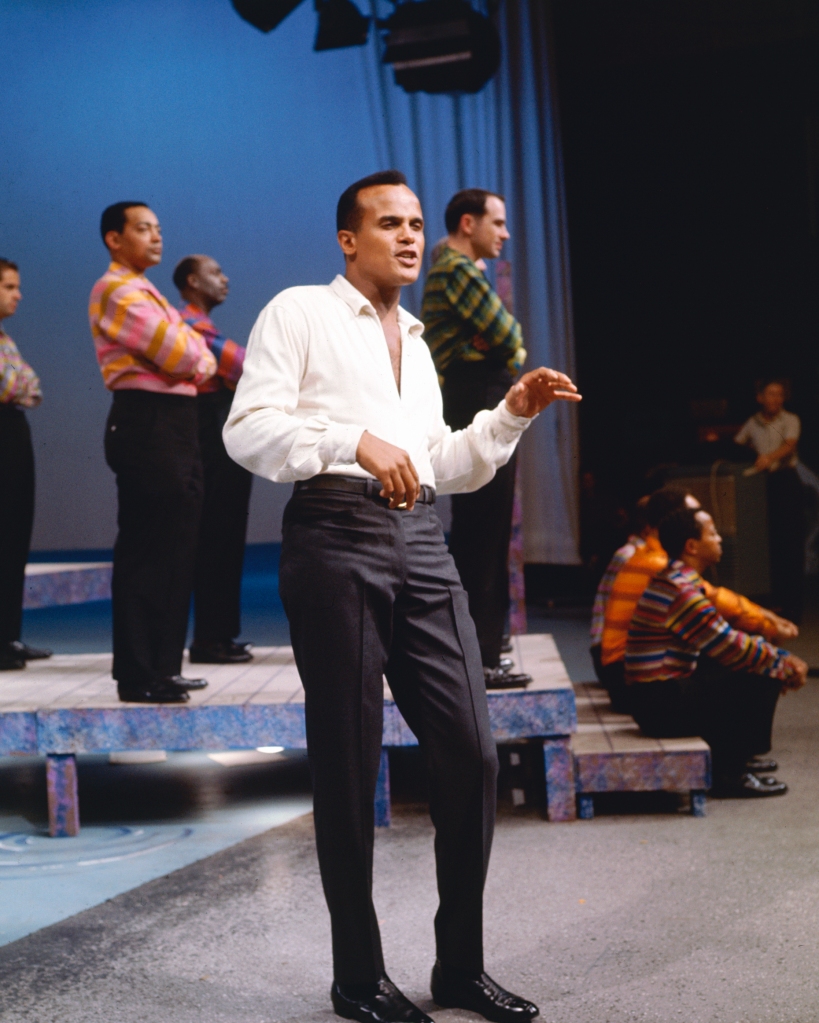
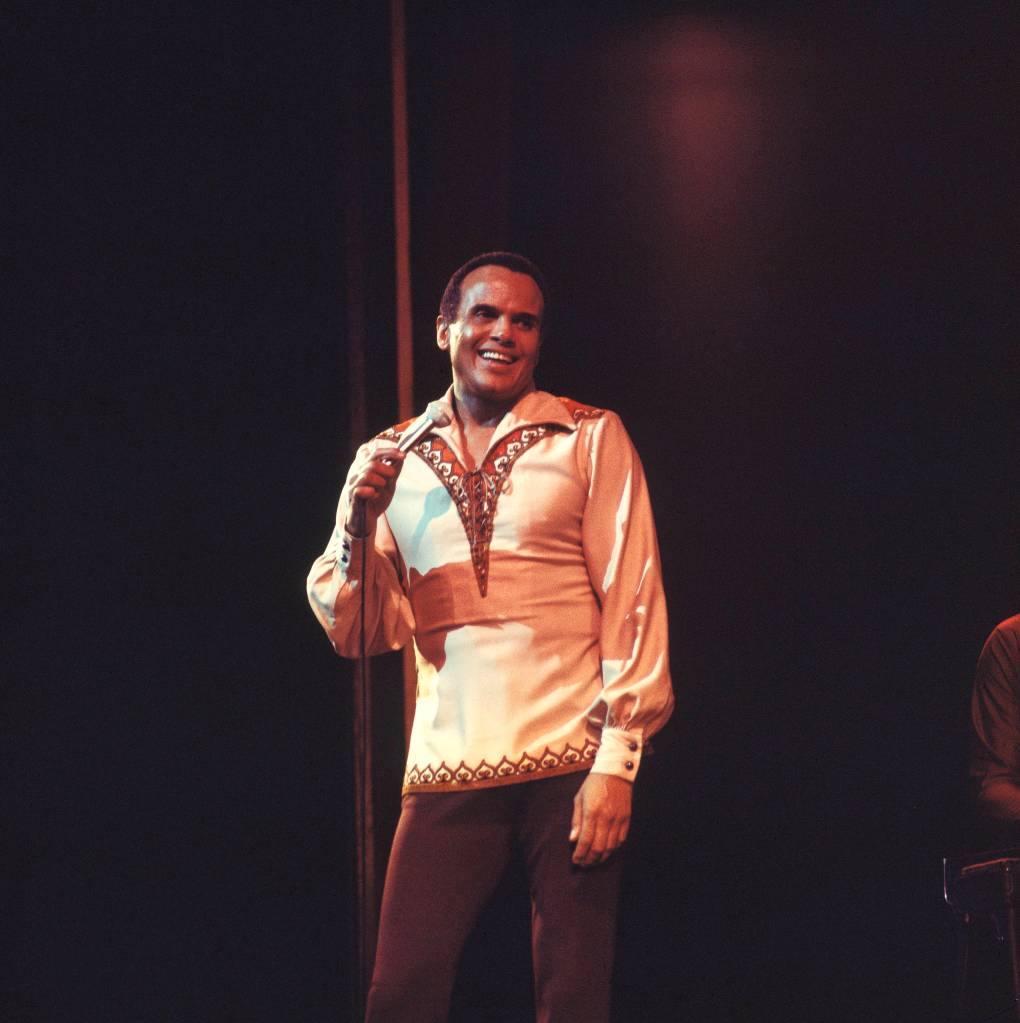
“What makes a movement work are thousands of parts that come together and express itself in favor of a given destination or objective,” Belafonte told the New York Times in 2016. “You have to find men and women who are willing to play the role that each of these things demand.”
“Movements don’t die because struggle doesn’t die,” he added.
He is survived by his wife Pamela Frank and four children: Shari, David, Adrienne and Gina.
Read the full article Here


